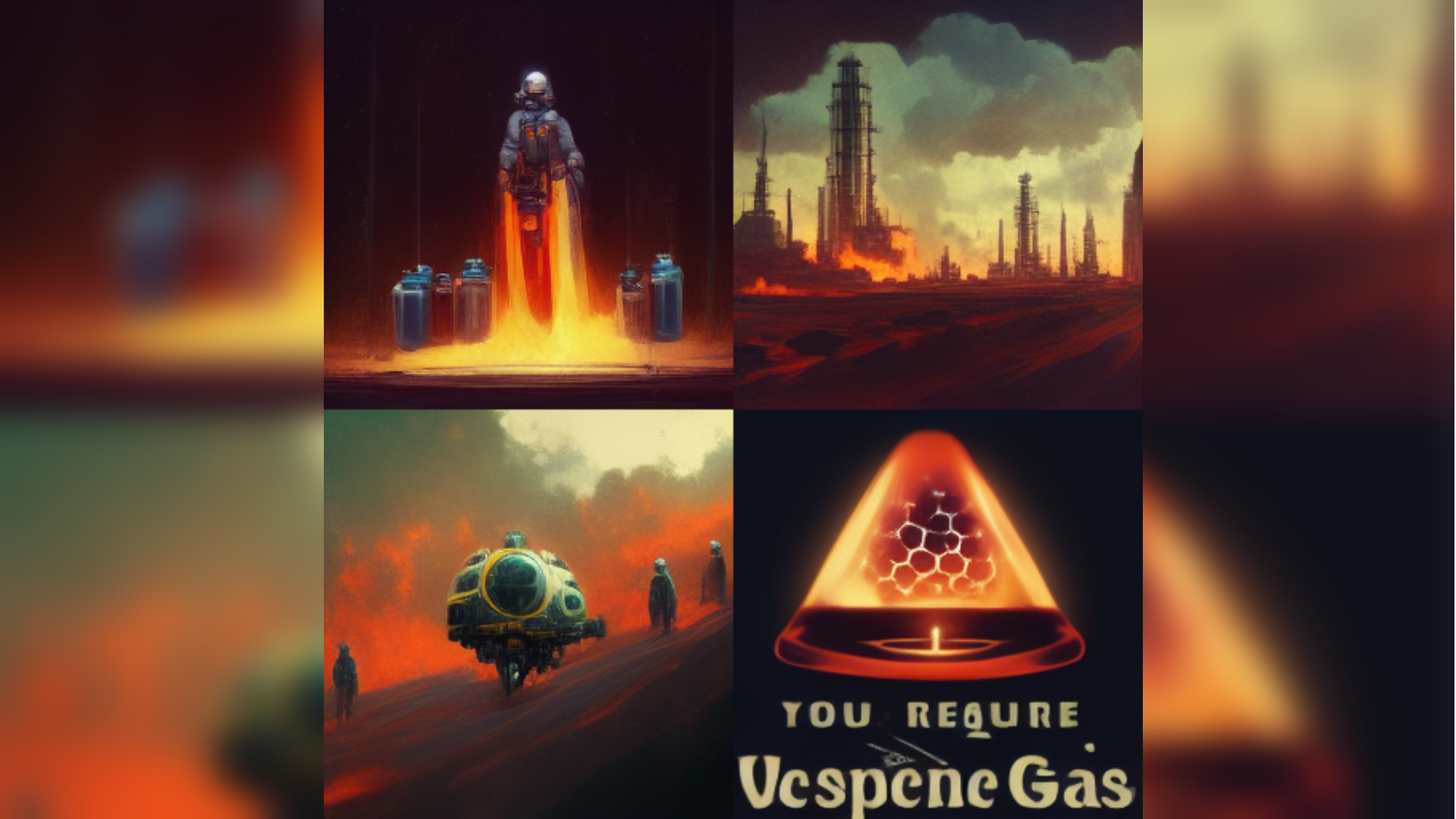Class-action filed by artists against wave of AI image generators
Artists allege copyright infringement and more in class-action against Stability AI, Midjourney, and DeviantArt.

A class-action lawsuit has been filed in California against Stability AI, Midjourney, and DeviantArt by artists alleging these companies have infringed on their copyright. The issue largely stems from the use of copyrighted images found within massive catalogues of data used to train these companies' AI art generation tools, which are often used without artists' agreement or any form of compensation.
The artists are represented by the Joseph Saveri law firm (via Ars Technica), who notes "Stable Diffusion and other image-generating AI products could not exist without the work of painters, illustrators, photographers, sculptors, and other artists."
"...The creators of these image generators violated the rights of at least thousands of artists when they created their various products. While proponents of AI-generated images have claimed the creation and use of these products is perfectly legal, no court has yet addressed the question."
It's true, AI art generation tools such as Stable Diffusion and Midjourney rely on massive datasets to train their algorithms on how to produce new images based on human-inputted prompts. Without training, they'd not have any know-how on what an art style is, what objects are, or have any of the information required to do their work.
The thing is, those datasets are often made from copyrighted material. One company LAION circumvents copyright claims by noting its datasets are merely links to copyrighted material, not actual copies of images. That's true, it's merely scraping the web for images and alt text, but the companies using that data are analysing those images en masse for their own purposes, often which are commercial and worth millions of dollars in funding to the company.
Getty Images has also begun legal proceedings this week against Stable Diffusion for the use of copyrighted material in its datasets, which originate with LAION.
But as the class-action notes, the issue isn't only in how these AIs are trained.
The biggest gaming news, reviews and hardware deals
Keep up to date with the most important stories and the best deals, as picked by the PC Gamer team.
"DreamStudio and other image-generation products charge users per 'generation,' but none of that revenue goes to the artists who created the works those generations are based on. Even if the prompt is 'Dragon in the style of Artist Doe,' Artist Doe is not compensated, nor are they even consulted or told before these products are built on their work."

Shutterstock recently announced that it would create an AI art tool in partnership with OpenAI, the makers of DALL-E and ChatGPT. This tool would allow for the site's users to create AI images, but Shutterstock has said it will also pay artists for their contribution in both training and the creation of images. Basically, if an artist's artwork is used by the AI tool in any way, they will receive some compensation.
OpenAI's CEO, who has kept the datasets the company uses quiet, did note at the time that "the data we licensed from Shutterstock was critical to the training of DALL-E."
So we're all in agreement that human-made art is critical to AI image generators. So how come artists don't feel fairly compensated for their work?
You can opt-out of having your images included in some datasets, though that doesn't undo the training that's already taken place, nor does it mean you're safe from future scraping. You'd think the obvious answer would be that users instead have to opt-in to be included in any dataset, but that's not been the case with the burgeoning datasets or AI tools out there today. Stability AI does plan to allow users to opt-out with its next version of the AI tool.

Best gaming PC: The top pre-built machines from the pros
Best gaming laptop: Perfect notebooks for mobile gaming
This will be an interesting case to watch, mostly because any legal proceeding could set the precedent for further court cases regarding AI. That said, Ars notes that some parts of the class action complaint may not accurately reflect AI technology, and ultimately this case could lose traction due to some of these inaccuracies.
Nevertheless, we're only at the beginning of the litigative and legislative process for AI's use. The technology is gaining momentum by the day and finding new uses in all manner of technology, from Adobe applications to recommendation engines. I do wonder if law will ever keep up with the pace of AI development.
If you want to read the full class-action complaint for yourself, you can do so here [PDF warning].

Jacob earned his first byline writing for his own tech blog. From there, he graduated to professionally breaking things as hardware writer at PCGamesN, and would go on to run the team as hardware editor. He joined PC Gamer's top staff as senior hardware editor before becoming managing editor of the hardware team, and you'll now find him reporting on the latest developments in the technology and gaming industries and testing the newest PC components.

